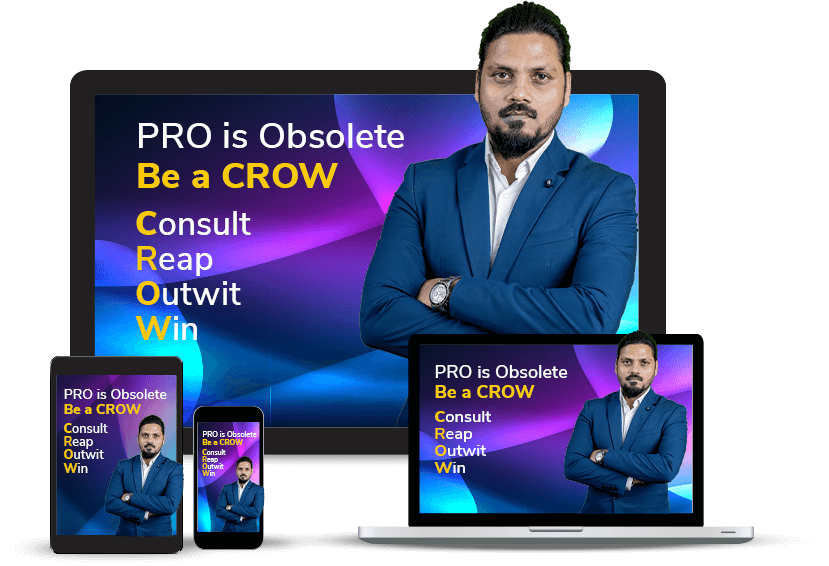
13 How-To Apps That Every Business Owner Needs in 2025
How does your business stand out from the competition in today’s rapidly evolving digital landscape? Are you still bogged down by outdated processes that hinder your progress, or have you harnessed the power of technology using business apps to revolutionize your operations?
As an Indian business owner, it’s time to reflect: what if the right apps could not only streamline your daily tasks but also propel you toward extraordinary growth? Picture having a comprehensive suite of tools at your disposal that not only simplifies your workflow but also amplifies your productivity like never before.
Let’s delve into 13 game-changing how-to apps that can transform your business management strategy and redefine your path to success in this dynamic marketplace. Are you ready to unlock the true potential of your business? Let’s undertake this journey together!
Understanding the Need for Business Apps
“The right communication tools don’t just connect teams; they create a culture of transparency and rapid innovation.” – Satya Nadella, CEO of Microsoft
A recent report by McKinsey in 2024 reveals that companies that successfully harness digital tools witness an impressive 25% boost in productivity alongside a notable 20% decrease in operational costs.
As your business expands, the intricate web of managing diverse functions can become increasingly challenging. Using the right applications not only streamlines these processes but also transforms them into a more efficient and cohesive experience, empowering your organization to thrive in a competitive landscape.
ROI Considerations
According to a 2024 Accenture study, businesses that effectively implement digital tools see:
- 23% higher profit margins
- 40% reduction in operational costs
- 35% increase in employee productivity
- 28% improvement in customer satisfaction
Essential Business Apps Categories
1. Financial Management
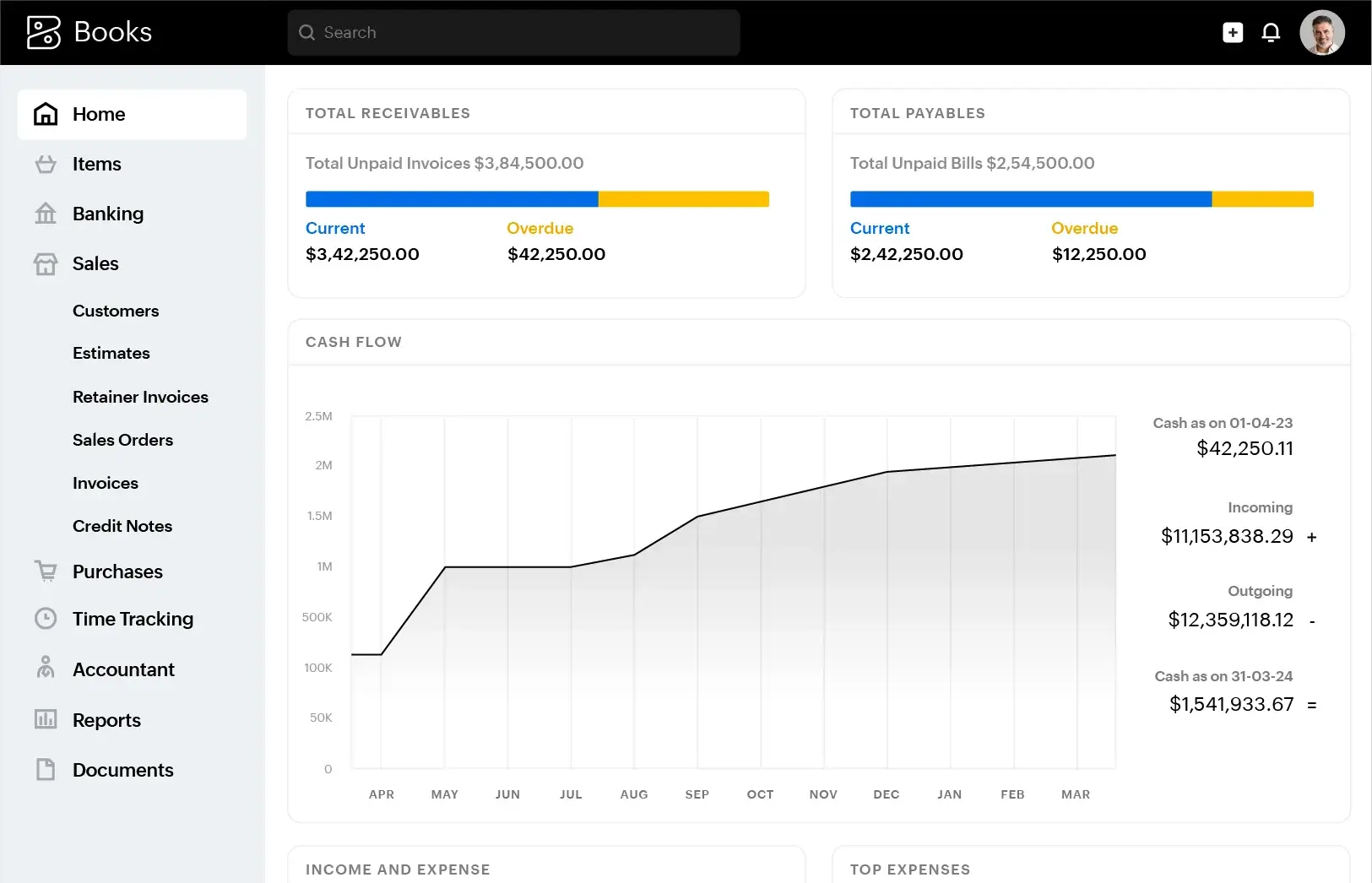
Zoho Books
- Built specifically for Indian businesses
- Complete GST compliance and filing
- Automated bank reconciliation
- Real-time financial tracking and reporting
- Integration with major Indian payment gateways
- Mobile app for on-the-go accounting
Zoho Books Pricing
- Standard: ₹749/org/month (Billed Annually)
- Professional: ₹1,499/org/month (Billed Annually)
- Premium: ₹2,999/org/month (Billed Annually)
- Elite: ₹4,999/org/month (Billed Annually)
- Ultimate: ₹7,999/org/month (Billed Annually)
- Free Plan: Free for basic use.
Studies show that 67% of small businesses using accounting software report better financial decision-making (Intuit Survey, 2024).
2. Project Management
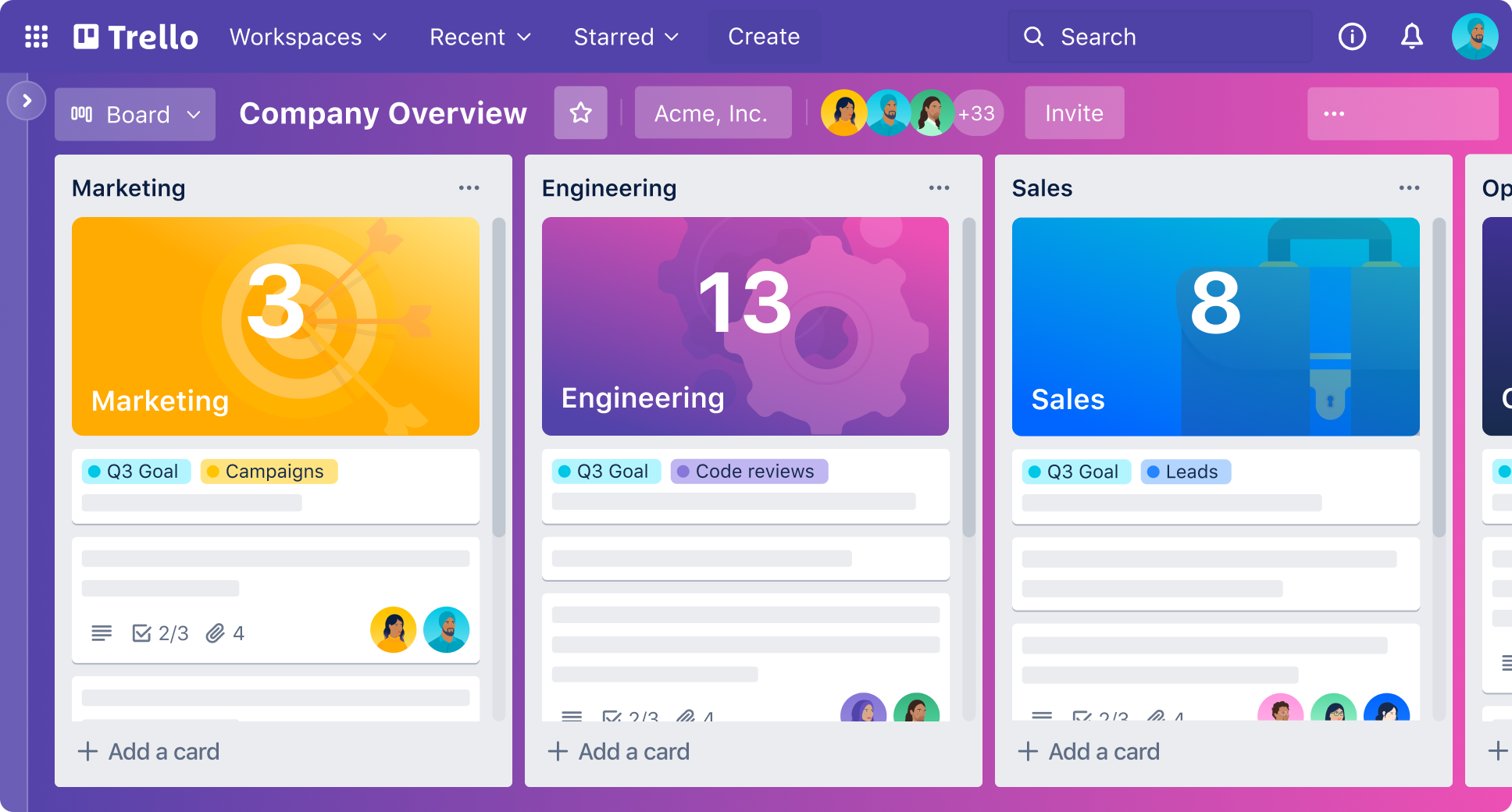
Trello
- Visual task organization with Kanban boards
- Team collaboration features
- Custom workflow automation
- Mobile-friendly interface
Trello Pricing
- Free: $0 (Up to 10 collaborators per Workspace)
- Standard: $5/user/month (Billed Annually), $6 billed monthly
- Premium: $10/user/month (Billed Annually), $12.50 billed monthly
- Enterprise: $17.50/user/month (Billed Annually)
3. Time Tracking and Productivity

RescueTime
- Automatic time tracking
- Detailed productivity reports
- Website and application monitoring
- Focus mode to block distracting sites
RescueTime Pricing
- Solo Best Value: $6.50/month (Annual Subscription – $78 USD/year)
- Solo Monthly: $12.00/month
4. Communication and Team Collaboration
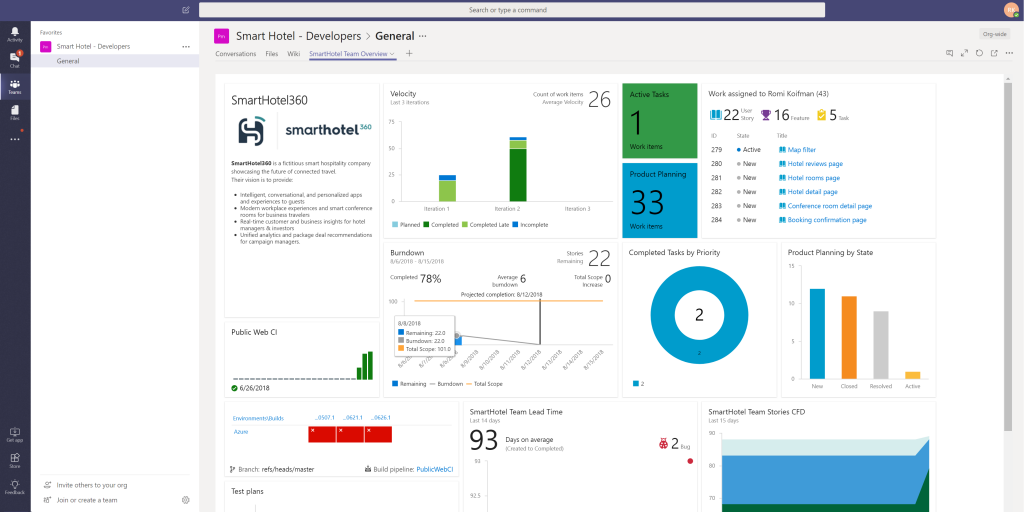
Microsoft Teams
- Unified communication platform
- Video conferencing for up to 300 participants
- Document sharing and real-time collaboration
- Integration with Microsoft 365 suite
Microsoft Teams Pricing
- Teams Essentials: ₹115.00 user/month (Annual subscription)
- Microsoft 365 Business Basic: ₹145.00 user/month (Annual subscription)
- Microsoft 365 Business Standard: ₹770.00 user/month (Annual subscription)
Research by Gartner indicates that effective team collaboration tools can increase productivity by up to 30%.
5. Customer Relationship Management (CRM)
Zoho CRM
- Made-in-India solution
- Lead and contact management
- Sales pipeline visualization
- Custom workflow automation
- Mobile CRM app for on-the-go access
Zoho CRM Pricing
- Standard: ₹800/user/month (Billed Annually)
- Professional: ₹1,400/user/month (Billed Annually)
- Enterprise: ₹2,400/user/month (Billed Annually)
- Ultimate: ₹2,600/user/month (Billed Annually)
- Free Edition: Free for up to 3 users.
A 2024 Salesforce study revealed that businesses using CRM software see an average 29% increase in sales and a 34% improvement in customer satisfaction.
6. Digital Marketing and Social Media Management

Hootsuite
- Multi-platform social media management
- Content scheduling and planning
- Analytics and Reporting
- Team collaboration features
Hootsuite Pricing
- Professional: ₹1,915/month (Annual billing)
- Team: ₹7,540/month (Annual billing)
- Enterprise: Custom pricing, starts at 5 users and 50 social accounts.
Social media management tools can save businesses up to 6 hours per week per user on social media activities (Buffer Social, 2024).
7. Document Management and Storage

Google Workspace
- Cloud storage with Google Drive
- Real-time document collaboration
- Email hosting with Gmail
- Calendar management
Google Workspace Pricing
- Business Starter: ₹160.65 INR/user/month (1-year commitment)
- Business Standard: ₹864 INR/user/month (1-year commitment)
- Business Plus: ₹1,700 INR/user/month (1-year commitment)
- Enterprise: Custom pricing.
8. Employee Management and HR
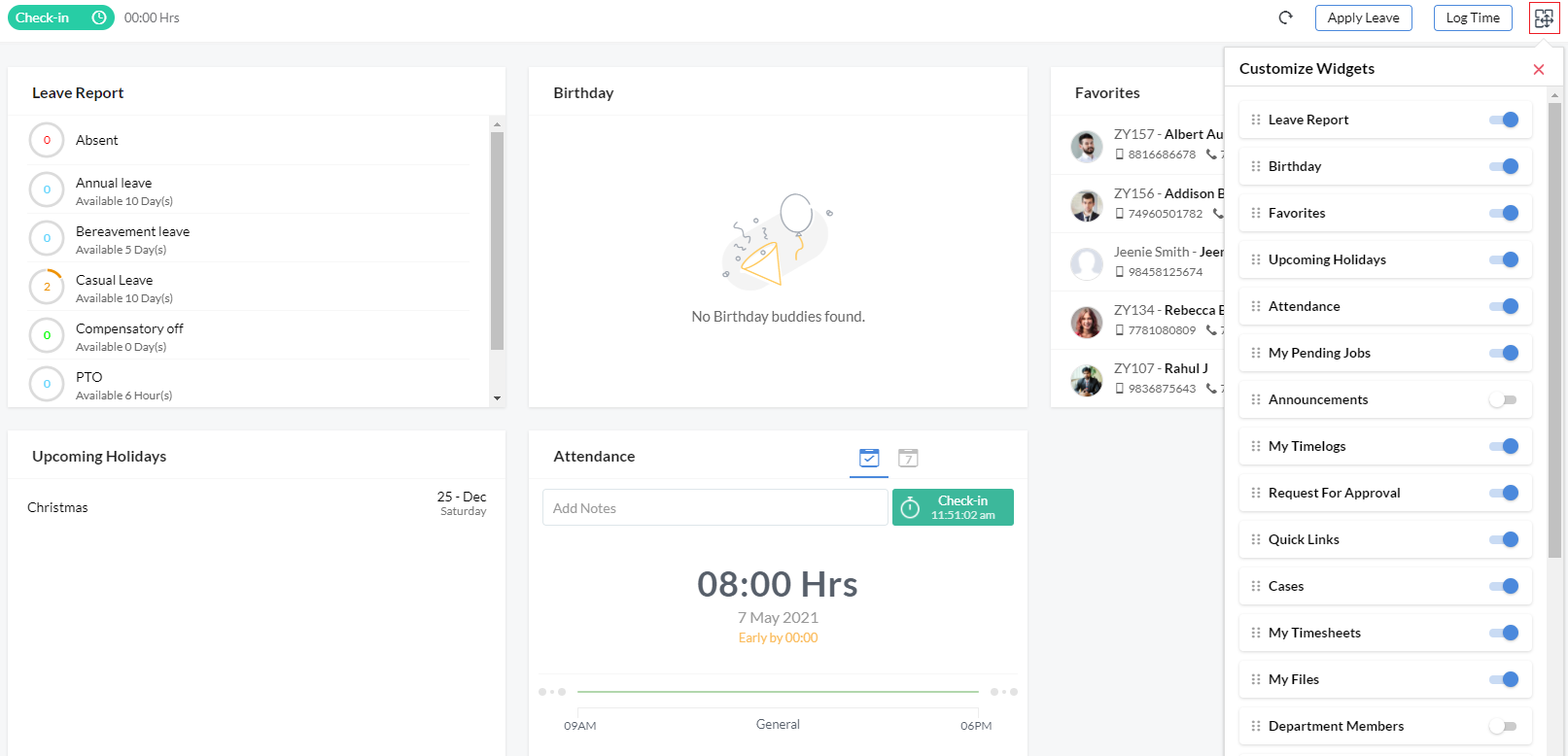
Zoho People
- Leave management
- Attendance tracking
- Performance evaluation
- Employee self-service portal
Zoho People Pricing
- Essential HR: ₹48/user/month (Billed Annually)
- Professional: ₹96/user/month (Billed Annually)
- Premium: ₹144/user/month (Billed Annually)
- Enterprise: ₹192/user/month (Billed Annually)
- People Plus: ₹350/user/month (Billed Annually)
- Free Plan: Free for up to 5 users.
Companies with automated HR processes report 40% higher employee satisfaction rates (Deloitte Human Capital Trends, 2024).
9. E-commerce Management

Shopify
- Complete e-commerce platform
- Multiple payment gateway integration
- Inventory management
- Mobile commerce optimization
Shopify Pricing
- Basic: ₹1,499/month (Annual billing)
- Shopify: ₹5,599/month (Annual billing)
- Advanced: ₹22,680/month (Annual billing)
- Plus: Starting at ₹1,75,000/month on a 3-year term.
10. Business Analytics
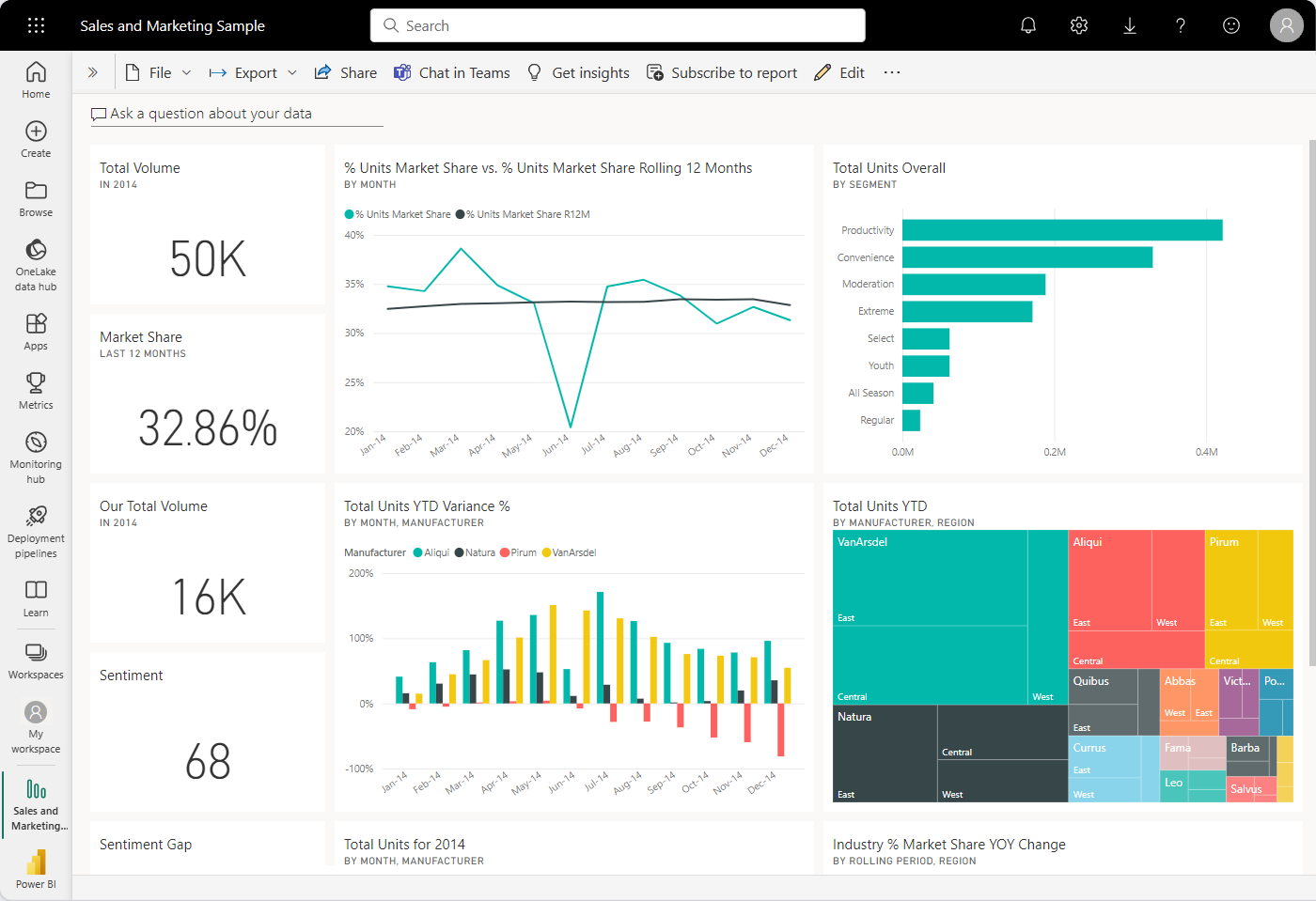
Power BI
- Data visualization
- Custom dashboard creation
- Real-time analytics
- Mobile app access
Power BI Pricing
- Free Account: Free
- Pro: $10.00 user/month
- Premium Per User: $20.00 user/month
- Power BI Embedded: Variable, contact sales.
11. Task Automation
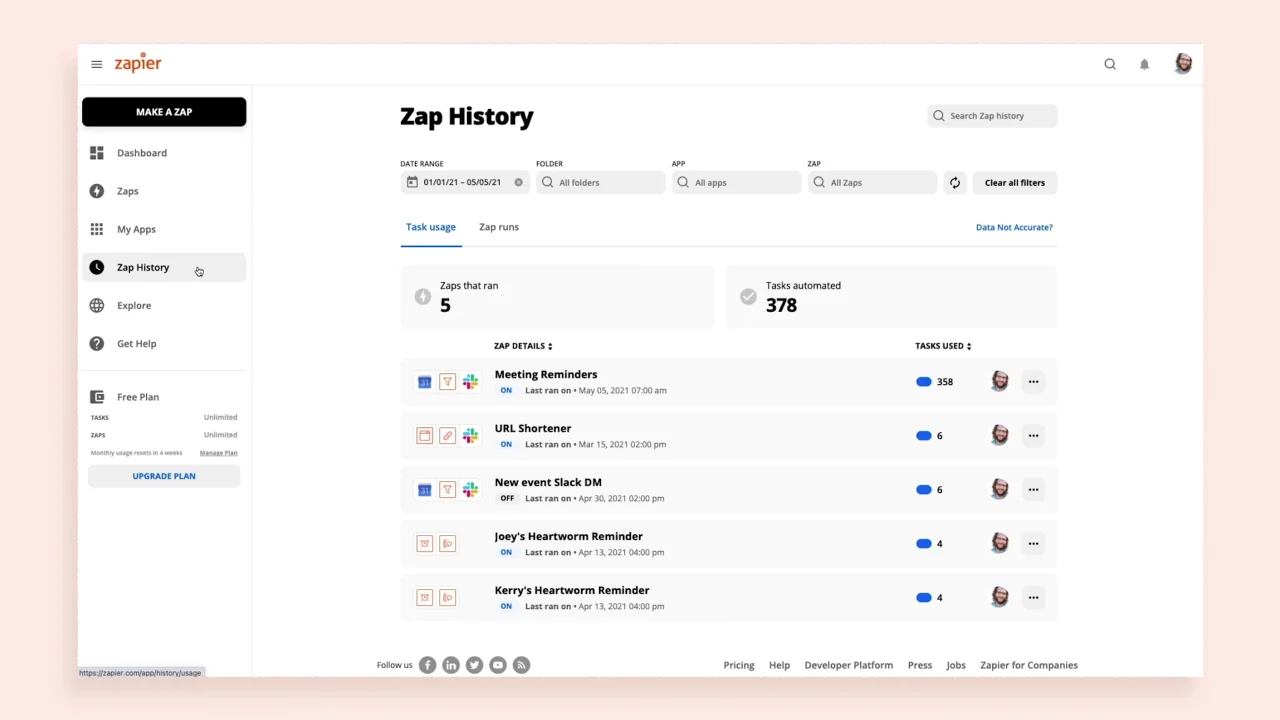
Zapier
- Connect multiple apps
- Automate repetitive tasks
- Custom workflow creation
- Error handling and alerts
Zapier Pricing
- Free: ₹0/month, 100 tasks/month
- Professional: Starting from ₹1,782.83/month (Billed Annually)
- Team: Starting from ₹6,153.84/month (Billed Annually)
- Enterprise: Contact for pricing.
12. Digital Security
LastPass Business
- Password management
- Secure password sharing
- Multi-factor authentication
- Security dashboard
LastPass Pricing
- Premium: $3.00/month (Billed annually)
- Families: $4.00/month (Billed annually)
- Teams: $4.00 per user/month (Billed annually)
- Business: $7.00 per user/month (Billed annually)
13. Meeting Scheduling

Calendly
- Automated scheduling
- Time zone intelligence
- Integration with popular calendar apps
- Customizable booking rules
Calendly Pricing
- Free: Always free
- Standard: $10/seat/month (Billed monthly), $8/seat/month (Billed annually)
- Teams: $16/seat/month (Billed monthly), $12/seat/month (Billed annually)
- Enterprise: Starts at $15k/year.
Note: All prices mentioned above are approximate and subject to change. Please check the official websites for current pricing.
What’s the Best Strategy for Implementation
Successfully integrating new apps into your business requires a systematic approach. Here’s a comprehensive strategy to ensure smooth adoption and maximum value from your technology investments:
1. Start with Core Functions First
Prioritize Essential Operations
- Identify your business’s most critical processes
- List pain points that need immediate attention
- Focus on apps that address fundamental needs (accounting, communication, project management)
- Implement one core app at a time to prevent overwhelming your team
Create an Implementation Timeline
- Set realistic deadlines for each app deployment
- Allow 2-3 weeks for basic integration
- Plan for 1-2 months for complete adoption
- Build in buffer time for unexpected challenges
2. Train Your Team Thoroughly
Structured Training Program
- Develop role-specific training materials
- Schedule hands-on training sessions
- Identify power users who can support others
- Create quick reference guides for common tasks
Best Practices for Training
- Begin with basic features, then advance to complex functionalities
- Use real-world scenarios relevant to your business
- Record training sessions for future reference
- Set up a knowledge base for frequently asked questions
3. Monitor Usage and Effectiveness
Track Key Metrics
- User adoption rates
- Time saved on tasks
- Error reduction
- Cost savings
- Employee satisfaction scores
Gather Feedback
- Conduct regular surveys
- Hold team meetings to discuss challenges
- Create channels for continuous feedback
- Document common issues and solutions
4. Regular Review and Optimization
Monthly Assessments
- Review usage statistics
- Analyze ROI metrics
- Identify underutilized features
- Address persistent problems
Quarterly Strategy Reviews
- Evaluate app performance against business goals
- Assess integration with other systems
- Update protocols based on learned experiences
- Plan for scaling or upgrading as needed
Common Implementation Challenges and Solutions
Challenge 1: Resistance to Change
Solution:
- Demonstrate clear benefits to daily work
- Showcase early wins and improvements
- Provide extra support to struggling team members
Challenge 2: Technical Issues
Solution:
- Establish a clear support system
- Create troubleshooting guides
- Maintain direct contact with app vendors
Challenge 3: Integration Problems
Solution:
- Test integrations thoroughly before full deployment
- Document all integration points
- Keep backup systems running during the transition
3 Success Metrics to Track
1. User Adoption Metrics
- Daily active users
- Feature utilization rates
- Time spent on apps
2. Business Impact Metrics
- Process completion times
- Error rates
- Customer satisfaction scores
- Cost savings
3. ROI Indicators
- Time saved per task
- Resource utilization
- Revenue impact
- Cost per user
Long-term Sustainability
- Schedule regular system audits
- Keep documentation updated
- Plan for software updates and upgrades
- Budget for ongoing training and support
- Stay informed about new features and capabilities
Remember, successful implementation is not a one-time event but an ongoing process. Regular assessment and adjustment of your implementation strategy ensure that your business continues to derive maximum value from these technological investments.
The Final Note
Implementing the right combination of these 13 essential apps can significantly improve your business operations. The key is to choose tools that align with your specific needs and integrate them effectively into your workflow.
Which of these apps do you currently use in your business? Share your experience in the comments below, and Schedule a discovery call with me today to learn more about implementing these solutions in your business.
Remember to regularly visit our blog at winwithaj.com/blog/ for more insights on business technology and growth strategies.
This comprehensive guide reflects the latest trends and tools available to Indian business owners in 2025, focusing on practical solutions that drive real business results.
FAQ Section
Q: How do I choose the right apps for my business?
A: Consider your business size, industry, specific needs, and budget. Start with apps that address your most pressing challenges.
Q: Are there free alternatives to these paid apps?
A: Yes, many of these apps offer free versions with limited features. However, paid versions often provide better security, support, and functionality.
Q: How can I ensure data security when using these apps?
A: Choose apps with strong security features, implement two-factor authentication, and regularly update security protocols.




















